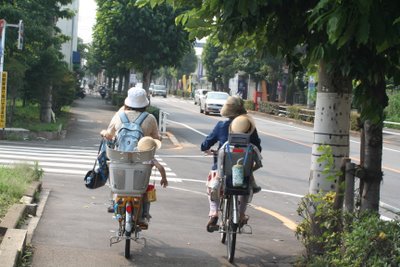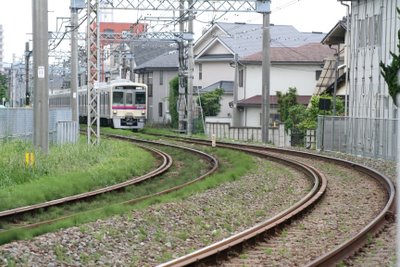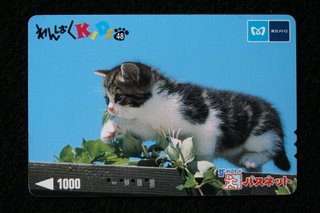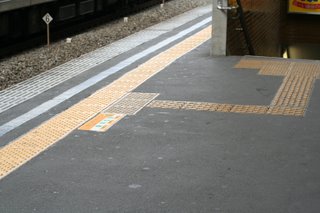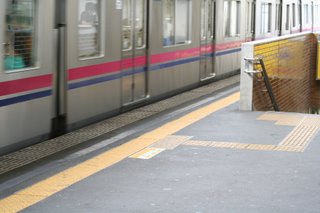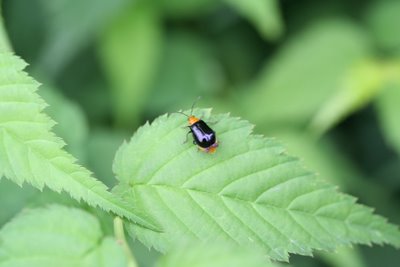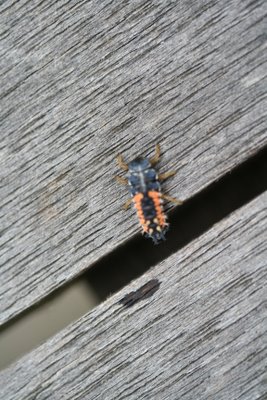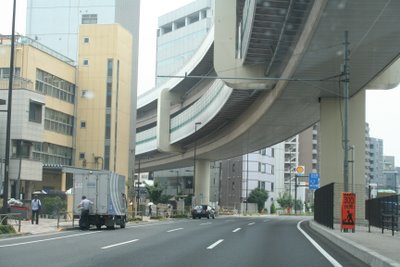
We have a
yuzu tree in a pot in the garden. It has been in the same spot for many years.
Yuzu is a citrus fruit. Here in Japan, people put the whole fruit in the bath at the winter solstice. Imagine taking a bath with fruit floating in it! The zest or peel of yuzu is also used in winter broth and the oil is used in bath products.
Usually, caterpillars eat all of the leaves and all of the blossoms on our tree. Last year, however, our tree produced several
yuzu. They were small and hard, but we were able to use them in the bath. This year the tree is covered with these caterpillars again.
These are not pictures of the same caterpillar. They are different caterpillars at different stages. I don't have pictures of the caterpillars' beginning stages. Here it is when it is brown and crusty.

Then a big smooth caterpillar breaks out. I watched this one break out, turn around and start eating the brown coat.

I searched on the internet and I think they will be swallowtail butterflies. At least I hope so. A few years ago, we took a caterpillar that was devouring our gardenia bush and put it inside. I thought I could save the remaining leaves on my gardenia bush by offering it something else, but the caterpillar would only eat gardenia leaves. We fed it and watched over it. Finally a big ferocious-looking bug burst out. We chased it out of the house. Who knows it could have bitten someone. We're still not sure what it was. We'll leave these caterpillars where they are. We'll keep an eye on them to see what they morph into. I hope it's something we'll all enjoy because look what they've done to our
yuzu tree!
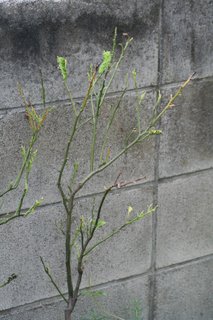
P.S. They were swallowtails!


